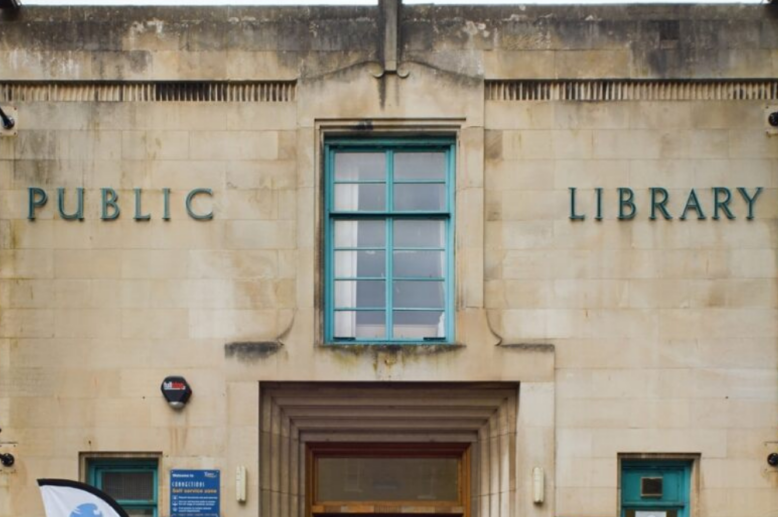Last week, The Spanish Parliament extended the country’s lockdown by a further 15 days and as the Covid-19 death toll continues to rise, our friend and colleague Xavi Alemany, Director of Asset Management Milligan, Spain gives us an initial view of its impact on the retail market.
Xavi:
“Lockdown to suppress the health crisis caused by Covid19 across Spain was declared on the 14th March 2020. In accordance with this decision all public stores were closed, with the exception of groceries, pharmaceutical establishments, doctors, opticians and orthopaedic products, hygienic products, newspapers and stationery, petrol stations, tobacconists, technological and telecommunications equipment, internet commerce, telephone or correspondence, dry cleaners and laundries. Like in the UK, venues and restaurants have also been closed, unless they are providing takeaway services.
“Shopping centres here have been kept partially open so that the permitted establishments can continue to serve their customers. Some major brands permitted to open are only trading via the internet, deciding against opening to protect staff and customers. So, the common services of shopping centres have been adjusted as far as possible to meet this new situation.
“Whilst marketing teams try to maintain loyalty, reaching out to the community with relevant content, shopping centre footfall has fallen by over 95%. Sales of food and groceries have seen increases of 30-50% which stabilised after the initial drastic uplift.
“In general, the retailer response in Spain is to not pay any rent, whilst they are closed and unable to trade. Some landlords have already decided to 100% subsidise the rent and bill 100% of the service charge, subject to compliance with other lease obligations. Others are billing both rent and service charge. In between there are various solutions that are being considered
- Invoice the rent and the service charge, but not send the charge to the bank
- Partially invoice common expenses
- Temporarily suspend all invoicing
“The different solutions also affect the treasury (avoidance of VAT cash out impact) and probably mean a loss of rights towards any future claim of insurance and rent claim. The position of each property will depend on the Loss of Benefits coverage in individual policies and those with an international policy are more likely to succeed.
“On the other hand, a further government decision could change everything. To date, the Government of Madrid has established aid in the case of home mortgages for families in need, but not given any type of aid to residential or commercial rents.
“As always, the position of the banks will be crucial in the evolution of the crisis and its subsequent exit. There seems to be a diversity of responses, although there is a willingness on the part of these to delay quotas during the affected quarters and transfer them to future quotas.
“Leasing and transactions are mostly on hold, waiting for how and when the exit from this crisis will become clear and what the real impact on consumers and the macro-economy will be. What the general behaviour and attitude of people will be after this crisis, is the big question.”


